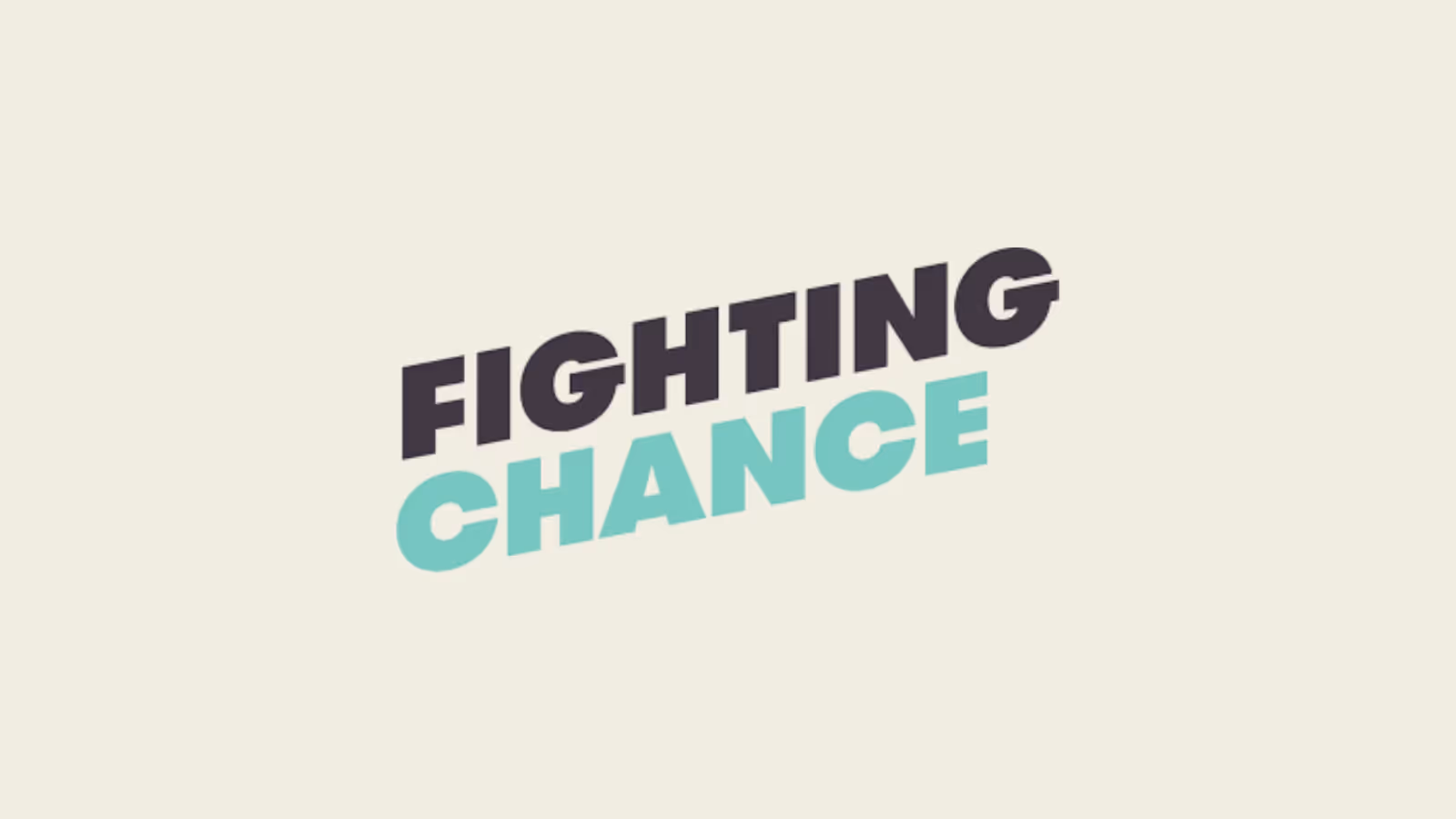Mental Health Compensation Claims Are on the Rise
Mental health compensation claims are rising—what businesses need to know now.

The Rising Tide of Mental Health Compensation Claims in Australia
In recent years, Australia has witnessed a surge in mental health compensation claims as a result of; a structural change in individuals awareness of mental health and wellbeing, cost of living pressures, the seismic shift in society post COVID as well as stresses within the workplace.
The statistics paint a stark picture of the mental health crisis unfolding in Australia. According to Safe Work Australia, mental health claims accounted for 9.2% of all serious workers’ compensation claims in 2021-22, a figure that has been steadily increasing over the past decade.
The rise in claims is showing no signs of slowing down, with research indicating that claims could as much as triple in Australia within 7 years.
This trend highlights the profound impact that poor workplacemental health will continue to have on individuals and businesses, with action required to address this evolving challenge.
Australian Mental Health Compensation Claim Forecast
Mental health claims in Australia are more costly than physical health claims in terms of time off work and compensation payments. In 2021-22, the median time lost from work due to a mental health claim was 34.2 weeks, compared to 8 weeks for a physical health claim. While, the median compensation payment for a mental health claim was $58,615, compared to $15,743 for a physical health claim.
There are a number of reasons why mental health claims are more costly than physical health claims. First, mental health conditions are often more complex and take longer to diagnose and treat than physical health conditions.
Second, mental health conditions can have a greater impact on an individual’s ability to work, as they can lead to symptoms such as fatigue, difficulty concentrating, and irritability. Third, mental health conditions are often stigmatised, which can make it difficult for individuals to seek help and get the treatment they need.
As a result of these factors, mental health claims are a significant challenge for businesses and the Australian economy. It is important to note that these figures only represent the cost of workers’ compensation claims, and do not include the additional costs of mental health care, such as hospital admissions and outpatient services.
This rise in claims is attributed to a multitude of factors, including:
A structural shift in mental health awareness
As societal understanding of mental health changes, individuals are more aware of the impact that long hours, high workloads, and intense pressure have on their personal wellbeing and stress levels.
Lack of adequate support
Australia suffers from a shortage of mental health support systems, leaving employees struggling to cope with their struggles without proper guidance and resources. Whether these mental stresses are created at home or at work they will impact an individuals ability to perform at their best and can also increase the chances of a physical accident from occurring as a result of increased fatigue and other factors.
Mental health conditions not only impact individual well-being but also lead to reduced productivity, increased absenteeism, and higher compensation costs for employers.
Adding to the challenge for businesses the Federal Government has released legislation mandating the management of Psychosocial Hazards in the workplace.
How can businesses prepare?
There are a number of things that can be done to support employees and reduce the likelihood and impact of mental health compensation claims for your business, including:
Investing in mental health prevention and early intervention
Early intervention can help to prevent mental health conditions from developing or becoming more severe. Workplaces can provide access to confidential mental health counselling through employee assistance programs like Foremind, stress management training, and improving workplace culture to support employees struggling with mental health challenges.
Promote workplace mental health awareness
Employers should actively educate their workforce about mental health issues, normalising conversations about mental well-being and encouraging individuals to speak openly about challenges they are experiencing so you can proactively make changes to support and retain employees.
Foster a supportive work environment
Employers should cultivate a culture of empathy, flexibility, and open communication, creating an environment where employees feel comfortable seeking support and addressing concerns without fear of judgment or stigma.
Manage Psychosocial Risks
We know the new Psychosocial Hazard legislation adds extra work and another hoop to jump through for Australian businesses and while it may seem complex there is a tried and tested model for managing and complying with the legislation.
Identifying, assessing, controlling and reviewing hazards as per the standard framework for managing physical risks will put business owners in the best position to maintain compliance with the legislation.
Check out our video that walks through how Foremind supports businesses with mental health support in addition to managing and tracking these risks in one location.
We know that as a business owner, times have never been harder than the past years emerging from the pandemic. Prioritising employee well-being can help reduce mental health compensation claims while also fostering a positive work environment that benefits both individuals and the organisation as a whole.
By creating supportive environments, providing adequate resources, and fostering open communication, we can create a healthier and more productive workforce, one that is equipped to thrive in the face of the mental health challenges that lie ahead.
Help is always available
Here are some useful resources for more help – for you and for your team:
- Lifeline – 13 11 14 and https://www.lifeline.org.au/ – offers fee, confidential, 24/7 telephone crisis support and lots of info and resources on their website
- Beyond Blue – https://www.beyondblue.org.au/ – info and support about mental health and suicide prevention
- Heads Up – https://www.headsup.org.au/ – the part of Beyond Blue that is specially developed for mental health in the workplace
This post has discussed challenging topics, which can be confronting for particular readers. If you need support, please feel free to contact Lifeline on 13 11 14 or 000 if you need immediate help to stay safe.
Find out more about how Foremind is making access to mental health mainstream for workers and supporting companies manage their Psychosocial Hazard compliance!

Hello 👋 I’m Joel the founder of Foremind.
Are you ready for simplified support & compliance?
Latest insights
Answers to the frequently asked questions.
Email us at enquiries@foremind.com.au and we'll get back to you quickly with a response
Yes, we have culturally competent counsellors available, including those able to work with first nation and CALD employees.
Onshore on secure AWS Servers in Sydney Australia. All data is encrypted in transit and at rest and our entire team is located in Australia.
Employees can access our platform on any device (mobile, laptop, desktop, etc.) as long you have the website link - no need to download any app on devices. You wouldn’t need to enrol any of your staff individually.- When we do our onboarding, we ask for the first name, last name and email of all your employees, and send out an email invite to all them which will allow them to create their own individual account to access the platform. For new staff we can also invite them or provide you with a unique link to embed in your onboarding process, whichever is more convenient for you. We also kick things off with a launch webinar or video to make sure everyone is aware of Foremind and how to use it. We’ll also provide you with any collateral such as posters, QR codes, brochures etc. to help drive awareness and encourage people to create an account in the platform.
The support line is answered by our reception service 24/7. It is for urgent platform or session-related issues only (e.g. *“My counsellor didn’t show”*) or helping staff create an account.






